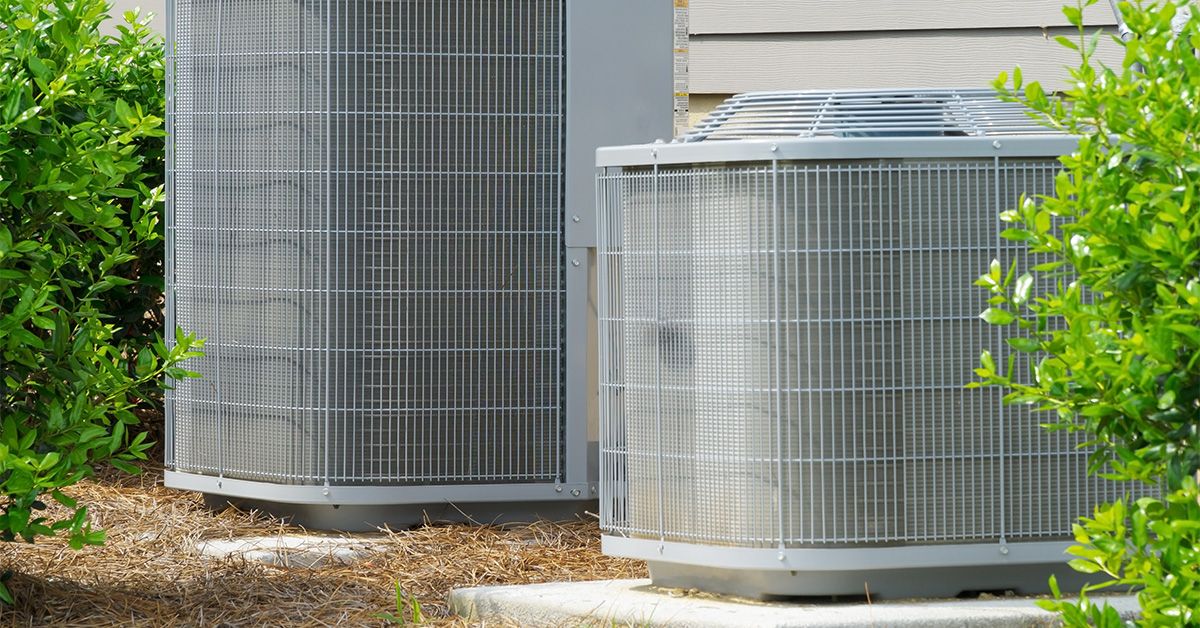How Do I Determine Which Air Conditioner is Right for My Florida Home?

The heat and humidity of summer are already upon us here in Tallahassee, which means that most area homeowners are grateful for the delivery of cool air by their air conditioning systems. However, some area homeowners are undoubtedly struggling to keep cool because of broken AC systems or aging ones that are losing their ability to maintain the cool.
With an average life expectancy of 15 to 25 years, every homeowner must replace their AC systems at some point. But how do you determine which air conditioner is right for your home?
The HVAC professionals at Tallahassee’s Air Control Heating and Cooling are going to provide you with that answer. And if your home’s AC system is struggling to keep the cool, frequently breaking down, and is over 20 years old, it’s probably time for you to consider replacing it.
Consider First the Different Types of Air Conditioners
Let’s first consider the different types of air conditioning systems Florida homeowners use, and their pros and cons of each. They are:
- Window Units—one of the cheapest options for cooling the air, window units primarily cool single rooms rather than an entire home. They’re in use mainly in apartments and smaller condo units, as larger residences require multiple units for complete cooling. While today’s models are about 30% more efficient than those produced a decade or more ago, their downside includes blocking window views and loud compressor noise.
- Portable Units—like window units, the design of these units are for a single room rather than whole-home cooling. These systems are easier to set up than window units but are more expensive and less energy efficient. They are typically used where window units are not a viable option.
- Ductless Mini-Split—as a type of heat pump, ductless mini-split units offer a bonus in providing heat during the colder months. These units can be installed without ductwork and deliver cooling in smaller homes similar to central AC systems. While more expensive than other non-central AC options, some models have the highest efficiency ratings of any type of AC system.
- Central AC—with ductwork throughout the house, central AC offers the most comprehensive cooling of all systems, making it the ideal option for larger homes. While it’s the most expensive option, central AC is typically the most efficient way to keep the entire house cool.
Why Size Matters
Size is one of the most critical considerations in choosing the right air conditioning system for your home. While you might think that you need the biggest size possible for ultimate cooling, an oversized system will cause rapid temperature changes that will force the compressor to cycle on and off frequently. This will decrease dehumidification capabilities, wear down parts, boost energy consumption, and decrease the system’s operational lifespan.
Interior Home Space and Other Factors That Should Influence AC Choice
Experts determine a home’s optimal size AC system by measuring the interior space and matching it with the appropriate British thermal unit (BTU) per hour rating. The BTU rating is expressed as the amount of energy used to remove heat from a home in one hour, with the measurement expressed in tons that fall within 0.5-ton (6,000 BTU) increments. Generally, a 1,000-square-foot home needs an air conditioning system rating of 1.5 tons, while a 2,000-square-foot house would need a system rated 3 or 3.5 tons, depending on other factors.
Other factors experts consider when sizing an AC system include:
- Average temperature and humidity ranges during the year
- Home insulation and other construction details
- Number of people living in the home
- Usage and placement of heat-generating appliances
- Ductwork placement
- Direct sun exposure
Assess Efficiency, Reliability, Noise, and Cost
Along with sizing, anyone choosing a new AC system should evaluate their efficiency, reliability, and cost. Efficiency can be assessed by a system’s SEER (seasonal energy-efficiency rating), with higher ratings indicating greater efficiency. The most efficient systems have a SEER rating of 26, but most models fall in the mid-teen range, which is still 20% more energy efficient than models offered just 10 years ago.
AC systems do not come with reliability ratings, but you can ask friends, neighbors, and HVAC professionals for their opinions on the reliability of systems they use or are familiar with. You can also consult what Consumer Reports says about the reliability of over 20 AC brands installed in the past 10 years.
Noise can be assessed by decibels, which most AC manufacturers publish as part of their product’s specs. Lower decibel numbers mean quieter systems. Depending on the type of system and where it will be located, this could be very important.
Cost is subjective, but in many ways, you get what you pay for. Systems with highly efficient SEER ratings almost always cost more than lower SEER-rated systems. Likewise, systems that have established a reputation for reliability tend to cost more than lesser-known brands.
Where to Find Your New Air Conditioner in the Tallahassee Area
An expert HVAC installer can help determine the perfect AC system to effectively cool your home. With more than five decades of installing air conditioning systems for north-central Florida homeowners and businesses, consult with Air Control Heating and Cooling at (850) 562-1234 for help in choosing your new system.